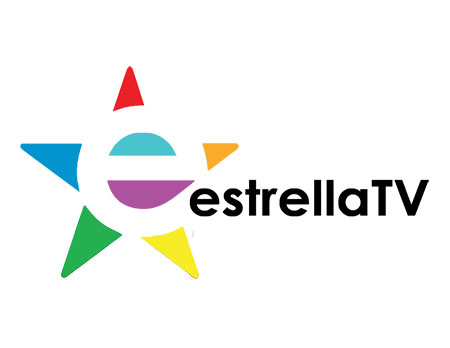FCC Shoots Down Estrella TV Carriage Claim
The smarter way to stay on top of the multichannel video marketplace. Sign up below.
You are now subscribed
Your newsletter sign-up was successful

The ongoing battle over retransmission fees and Liberman Broadcasting’s quest to gets its Estrella TV O&Os back on Comcast’s lineups in Denver, Houston, and Salt Lake City will continue minus any claims that the MSO is violating the Federal Communications Commission’s program-carriage rules.
The squabble will also come with squashed assertions by Liberman that Comcast was engaging in discriminatory practices by dumping the trio of stations.
The Federal Communications Commission in an Aug. 26 ruling shot down Liberman’s assertion that Comcast was in violation of FCC rules by “requiring Liberman to provide Comcast with a financial interest in Estrella TV’s digital rights as a condition of carriage.”
The FCC then nixed Liberman’s assertion that Estrella TV’s broadcast stations in Denver (KETD), Houston (KZJL) and Salt Lake City (KPNZ) were “video programming vendors.”
This amounts to a knockout punch for Liberman.
The FCC was rather terse in its decision, stating that Liberman had “failed to put forth sufficient evidence of its program carriage claims to establish a prima facie case.” Translation: Liberman lacks standing to bring such claims in front of the commission.
Now, it must pay the consequences for a change in status that has essentially back-fired for Estrella TV, which airs an array of programming largely produced by Liberman targeting first- and second-generation bilingual and Spanish-preferred Hispanic audiences.
The smarter way to stay on top of the multichannel video marketplace. Sign up below.
Roughly two years ago, a consultant working for Liberman contacted Comcast to formally discuss a retransmission consent agreement for Estrella TV, according to the FCC's opinion and order. The main motive behind the discussion was to obtain carriage and compensation that largely mirrored what NBCUniversal-owned Telemundo received from Comcast; Comcast is NBCU's corporate parent.
Liberman was aggressive in its request, seeking “carriage and compensation for all Estrella TV O&Os, carriage in markets where non-owned Estrella TV broadcast affiliates not otherwise carried by Comcast operate, and carriage and compensation in ‘white areas,’ ” otherwise known as DMAs where Estrella TV has no over-the-air presence. Liberman noted its “sustained ratings success” as impetus for the request.
Retransmission consent, as elected by Liberman, started Jan. 1, 2015 for a three-year cycle.
Following the discussions, on Feb. 19, 2015, Comcast remained steadfast in its refusal to add Estrella TV in more markets, or to compensate Liberman for carriage. Because Liberman had opted for retransmission consent rather than “must-carry” status for the Denver, Houston and Salt Lake City stations, Comcast dropped them.
Meanwhile, Comcast criticized Liberman for its actions, saying that an analysis discovered Estrella TV “was not a particularly popular network among Hispanic audiences.”
The FCC politely ignored that claim while siding with Comcast in its ruling against Liberman.
“We are pleased with the Media Bureau’s decision,” Comcast said in a prepared statement. “Liberman Broadcasting’s carriage complaint had no basis in law and was simply an attempt to extract carriage of Estrella TV and fees from Comcast that are in no way justified.”
Liberman’s fight isn’t over, as far as it is concerned.
In prepared remarks, the company said it was disappointed by the ruling, which
dismissed its complaint “on a narrow technicality relating to standing.”
Liberman is considering an appeal. “This technical decision in no way absolves Comcast of the underlying wrongdoing of discrimination against Estrella TV as an independent programmer,” the company said. “Every other major MVPD carries Estrella TV for the simple reason that it is popular with Hispanic viewers. Comcast differs from these other companies only in the fact that it owns competing networks. That type of blatant and obvious discrimination must not continue.”
Liberman has been vocal in its protests against Comcast. But, it hasn’t had much luck in gaining favor among federal decision-makers. Comcast in early June asked the FCC to dismiss the complaint; in late June, Liberman argued that Comcast failed to make a case for any dismissal of its carriage complaint.
Liberman filed the carriage complaint in early April. At the time, Comcast said, “Our decision not to pay the exorbitant price demanded by Liberman was a reasonable business judgment in the interest of our customers — and one that has been confirmed over the past year given the absence of any demand for Estrella TV in these markets.”
Now, the ball is in Liberman’s court, with its options yet to be revealed.
